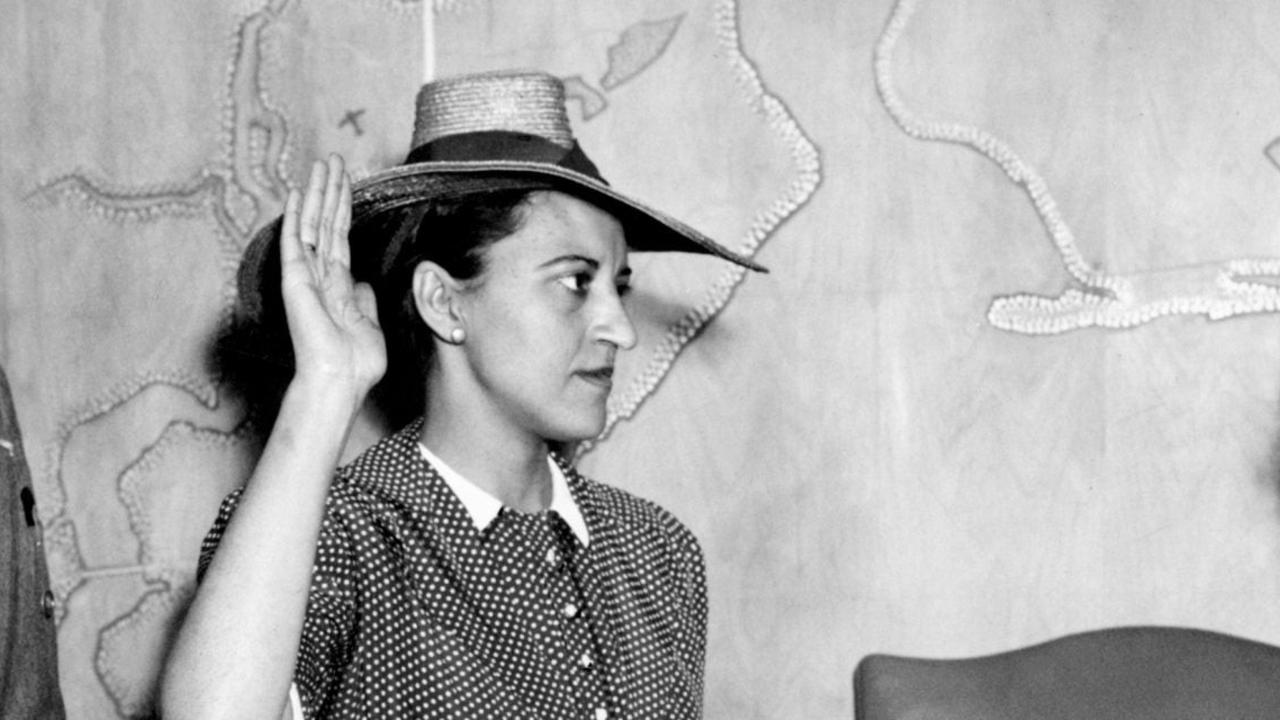Black History Trailblazers and Changemakers 2020-DAY 22: Jane Bolin

Jane Matilda Bolin was born April 11, 1908 in Poughkeepsie, New York, and in 1939 was sworn in as the first black woman judge in the United States.
Her interest in the law, however, began long before that.
According to the NY Times, she fell in love with her father’s leather-bound law books at an early age.
Her father was Gaius C. Bolin, the first Black graduate of Williams College, and had his own legal practice. He was also the founding member of the local NAACP and later in life became the first black president of the Dutchess County Barr Association.

From reading the articles and seeing pictures of lynchings that the NAACP’s official publication, Crisis magazine published, she was drawn to activism and decided early on that she would do her part.
With a keen mind and determination to succeed, Bolin graduated from high school at age 15 and decided to attend Wellesley College. She was accepted at the prestigious, private women’s liberal arts college in Massachusetts but blatant racism and harsh ostracism threatened to discourage her.
She and the only other black student were treated so horribly that they chose to move off-campus in order to be able to finish their studies. In spite of the harsh treatment, she graduated in 1928 and was named a Wellesley Scholar.

Continuing her education in law, she became the first black woman to earn her law degree from Yale Law School in 1931 and later became the first black woman to join the New York City Bar Association.

After graduation she apprenticed in her father’s law firm. When she was unable to get hired by local law firms, she practiced law with her first husband, Ralph E. Mizelle, who later died in 1943.
Never giving up on her goals, in 1937, Bolin was appointed Assistant Corporation Counsel of the City of New York in 1937, becoming the first Black woman attorney hired by that office.
In her position as a family court judge, she was a fierce advocate for children.
During her 40 year career, she fought to eradicate racial injustices, improve the plight of black youth, and reform the juvenile system until she reached the mandatory retirement age of 70 in 1978. Even after retirement she tutored in the New York School System and served on the New York Board of State Regents. When she died at the age of 98 in January 2007, she left a legacy of doggedly serving the needs of children and paving the way for other women in the legal profession.

50% Complete
Two Step
Lorem ipsum dolor sit amet, consectetur adipiscing elit, sed do eiusmod tempor incididunt ut labore et dolore magna aliqua.